We were lucky to catch up with George Parker recently and have shared our conversation below.
George, thanks so much for taking the time to share your insights and lessons with us today. We’re particularly interested in hearing about how you became such a resilient person. Where do you get your resilience from?
“I love her because she’s so resilient” is something we hear a lot watching bad reality TV, where ‘Steve’ wants to praise ‘Susie’ but can’t think of an actual personality trait, so praises instead her capability to deal with his perpetual bullshit. I wish we didn’t have to be resilient. I could use a year where my health doesn’t nose dive off a cliff, my loved ones stay out of A&E, and there’s no background apocalyptic hellfire to constantly navigate whilst making small-talk and negotiating capitalism. But yes, I am resilient. Most disabled people are, because we have to put up with a world that is basically ‘Steve’ constantly shitting on us while calling us inspirational for dealing with the gigantic piles of excrement.
Unbeknownst to me, I was born with a genetic quirk resulting in connective tissue that doesn’t do the job. I get frequent dislocations, pain, muscle fatigue. I have comorbidities including autonomic dysfunction (you can Google it), MCAS, and ME, and I had a minor stroke after catching Covid. The cherry on top for me was that medicine didn’t really understand Ehlers Danlos Syndrome when I was at the beginning of my journey. It’s still fairly shaky. So, I went from a very physical career to not being able to walk, to being prescribed morphine and barely being able to stand, pretty quickly. It took me years to bring myself back from that, and I think having the patience to deal with how ‘unfair’ it is to have (the perception of) wasted years, neglect, and a drastic career and lifestyle change breeds resilience. Add to the mix trauma, and learning to deal with that, and you really build up some mental fortitude. And what happened having fought for years to stabilise my health? The pandemic. Where not only did the government deliberately sacrifice disabled people, I had to witness my friends, co-workers and family putting their needs before clinically vulnerable people, resulting in more deaths and disabilities, including my own stroke and developing MCAS. If I think about that too much, I’ll go mad.
I’ve developed resilience from being in constant pain and dealing with ever-present health issues like palinopsia, tinnitus, gastro issues, blood pressure problems, and allergies, and not wanting to give up. People praise me for my ‘resilience’, but really its simple: this is my lot and I can choose to medicate myself into a soft and fuzzy cocoon, or find a balance and try to make the most of my life. It’s rot or rock n roll. I’ve done the morphine and being bed-bound. And I’ve done the bit where I listened to other ‘professionals’ and pushed myself too hard and ended up bed-bound because I’ve overdone it. So I certainly prize balance and boundaries over resilience and pushing it and mind-over-matter, you-can-overcome-your-disability crap. But never praise me for having to navigate systemic ableism or people discriminating against me; just do better and help me build a better, more inclusive world. The sexiest resilience I can think of, is when people who deal with unimaginable challenges each day remain kind and compassionate. That is remarkable.
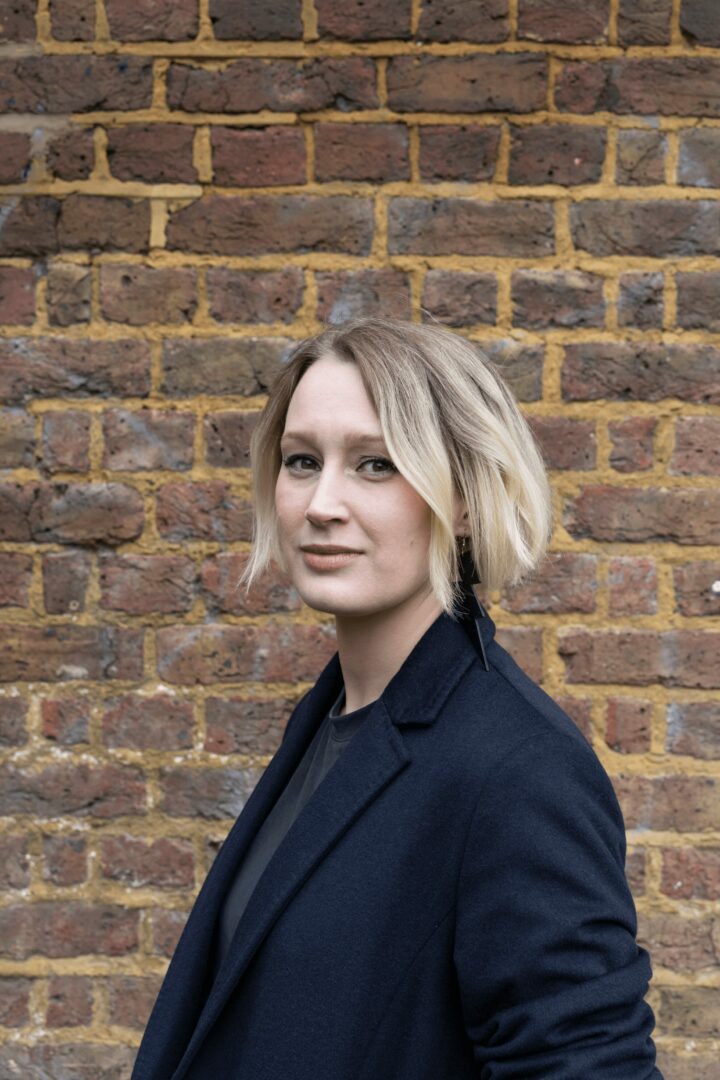
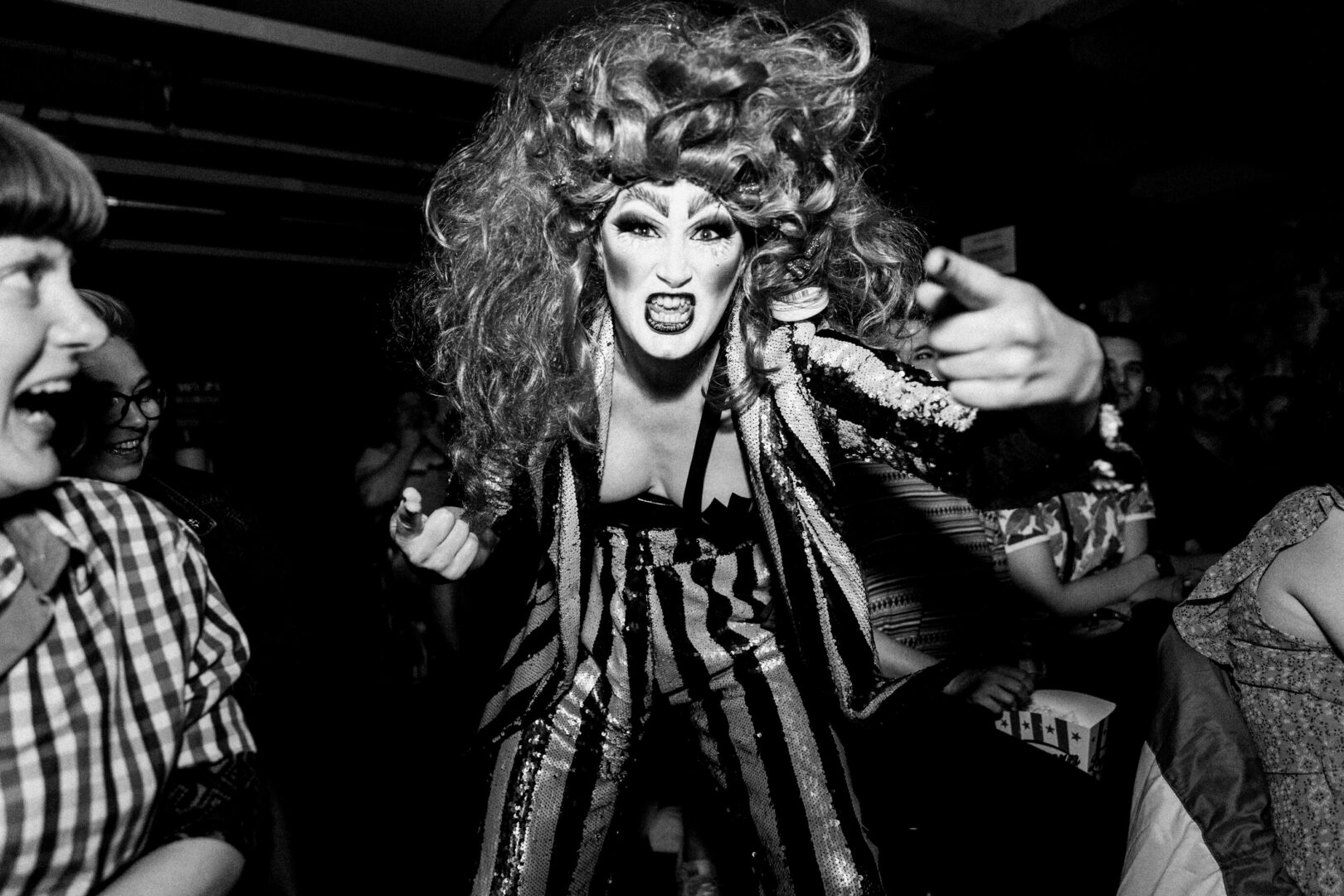
Thanks for sharing that. So, before we get any further into our conversation, can you tell our readers a bit about yourself and what you’re working on?
In each aspect of my work, disabled and queer issues are at the heart of what I do!
I’m a disabled and queer writer, performer, producer, and workshop facilitator with work featured in Mslexia, The F-Word, Financial Times Weekend, Human/Kind Press, Bi+ Lines, Arachne Press, Women in Jazz, The Feminist Library, Prismatica, Sufi Journal, and many more. My collaborative poetry pamphlet Not Your Orlando (Punk Dust) was published in 2024, and my debut collection Gynandromorph (Written Off) is slated for publication in Dec 2024. After how much fun we had at the NYO launch, I’m so excited for the launch of Gynandromorph, so keep an eye out! I secured Arts Council-funded mentoring with The Literary Consultancy in order to complete my second novel, which is currently sitting with agents (please be my agent, please).
In 2022, I set up Queer Stage Revolution, of which I am co-director, which is a disabled and queer performers’ cooperative. We strive to platform disabled and queer performers, and have opened festivals, performed at Manchester Pride, and brought immense world-talent to the stage. You’ll have seen some of the artists we’ve booked on Eurovision and Channel 4.
I’m also the host of A. G. Parker’s Cabinet of Curiosities podcast (where you can hear me chatting to marginalised creatives about life and art), co-host of Rebel Riot Poetry, and Disabled and Queer Artist of the Year 2022. I was nominated for the National Diversity Awards 2023 as a positive role model for disability, and longlisted for a Space Crone Prize. My YA fantasy novel ‘Twisted Roots’ was published in 2023 by Reconnecting Rainbows Press.
My performance history includes The V&A Performance Festival, Edinburgh Fringe, Manchester Pride, Pride in London, and London Fashion Week. I was a featured artist at 16 Days of Activism to End Violence Against Women and Girls, and H&T Hackney’s June 2021 slam winner, placing 3rd at regionals.
Twitter @a_george_parker Instagram @a_g_parker agparker.co.uk
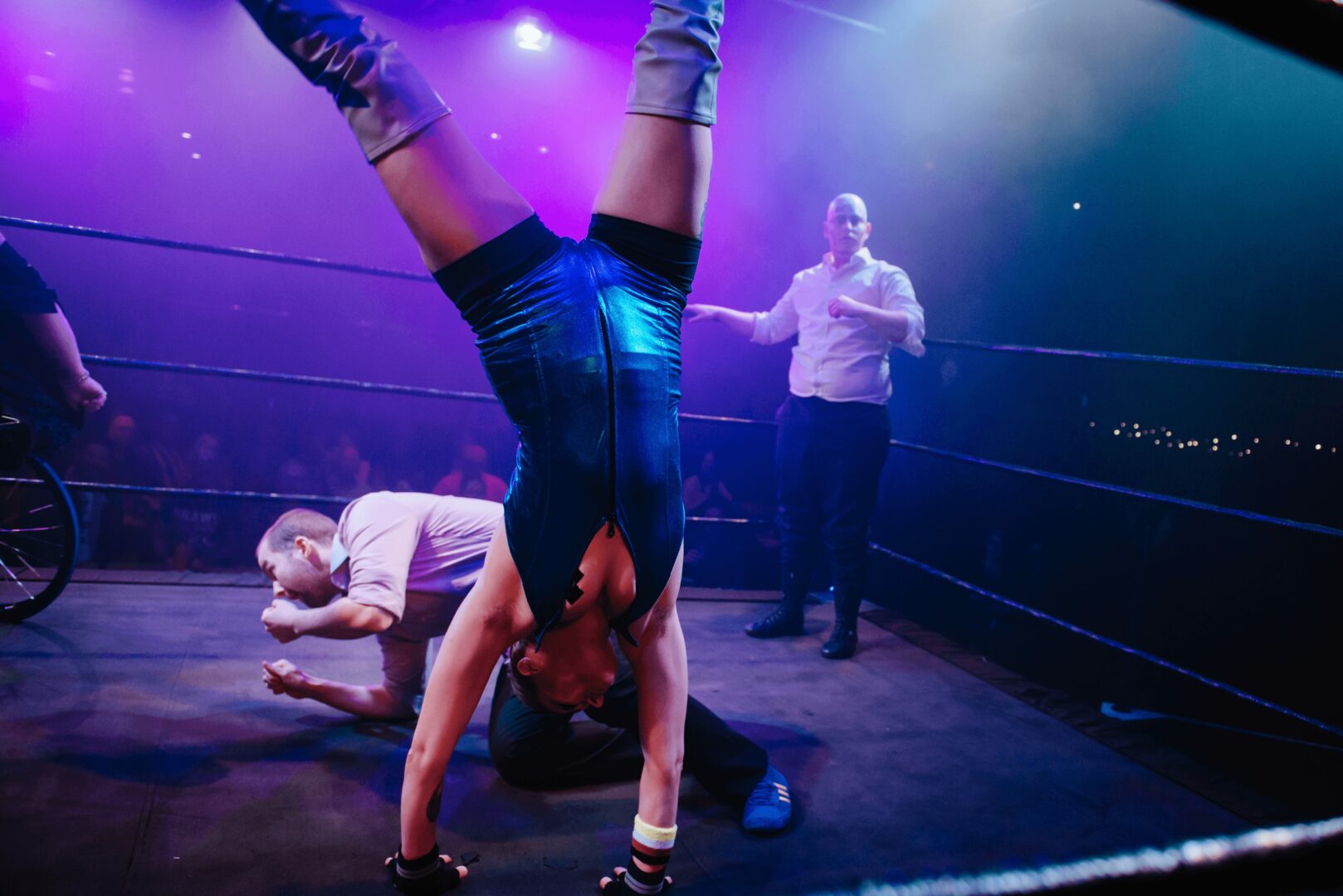
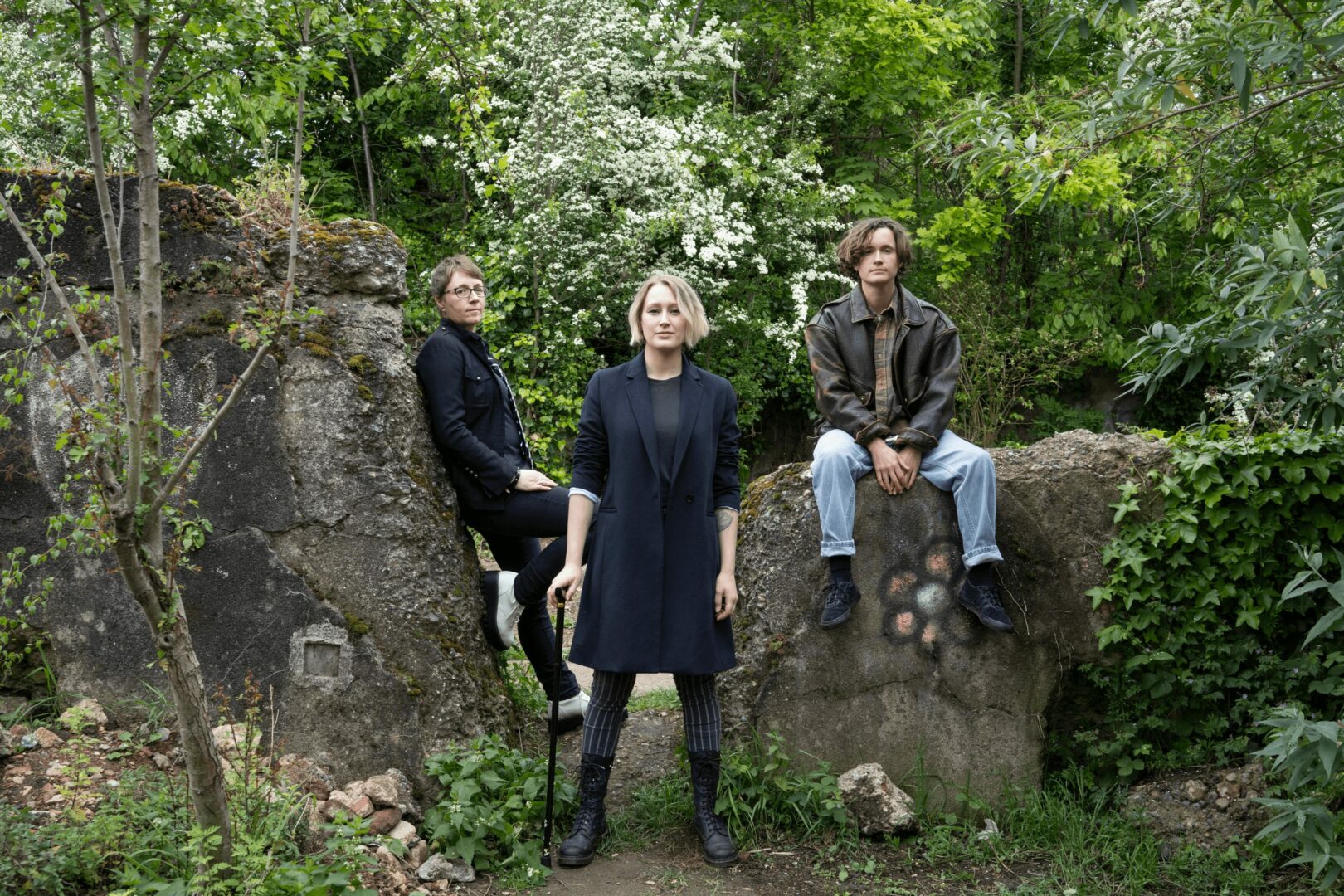
There is so much advice out there about all the different skills and qualities folks need to develop in order to succeed in today’s highly competitive environment and often it can feel overwhelming. So, if we had to break it down to just the three that matter most, which three skills or qualities would you focus on?
– Prioritise boundaries! It’s so easy when being self-employed under capitalism to work all the time. Flexible hours can turn into working almost constantly at home, so carve out solid rest and work time.
– Patience and compassion, both with yourself and others around you will go a long way.
– Indulge your creative and your inner critic separately; they’re both integral to your creative practice! If I’m drafting, my process is:
Invite my inner critic to step outside. Promise it we can catch up over coffee later
Hit the fuck it button and let the creativity flow
Invite my inner critic back in for the editing process.
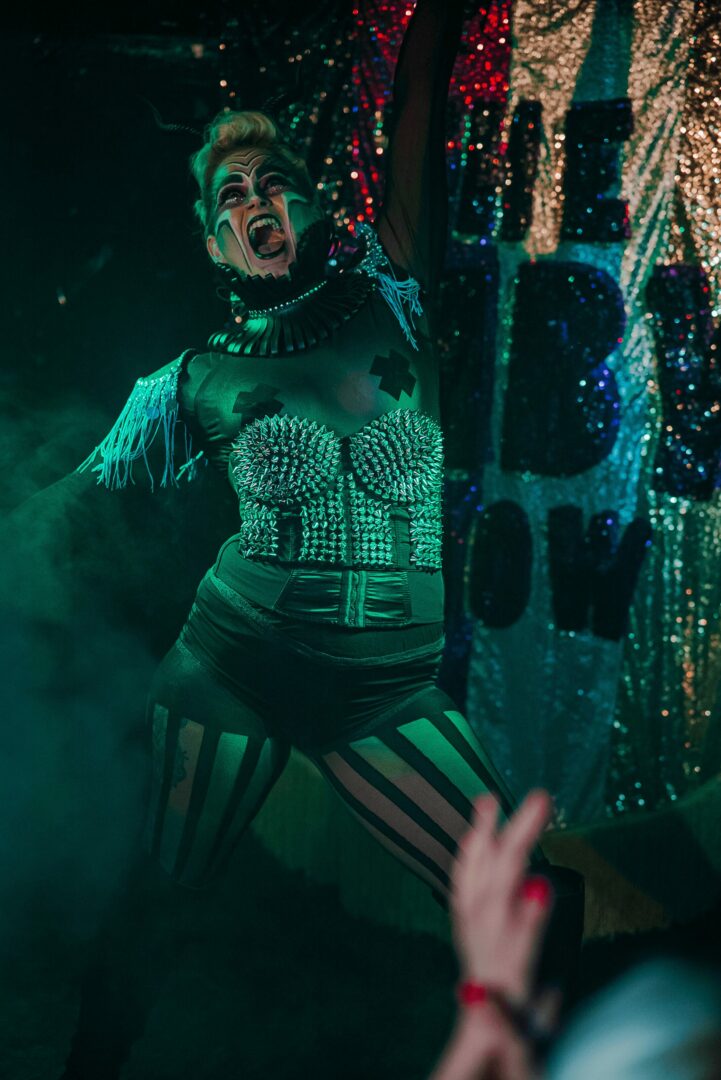
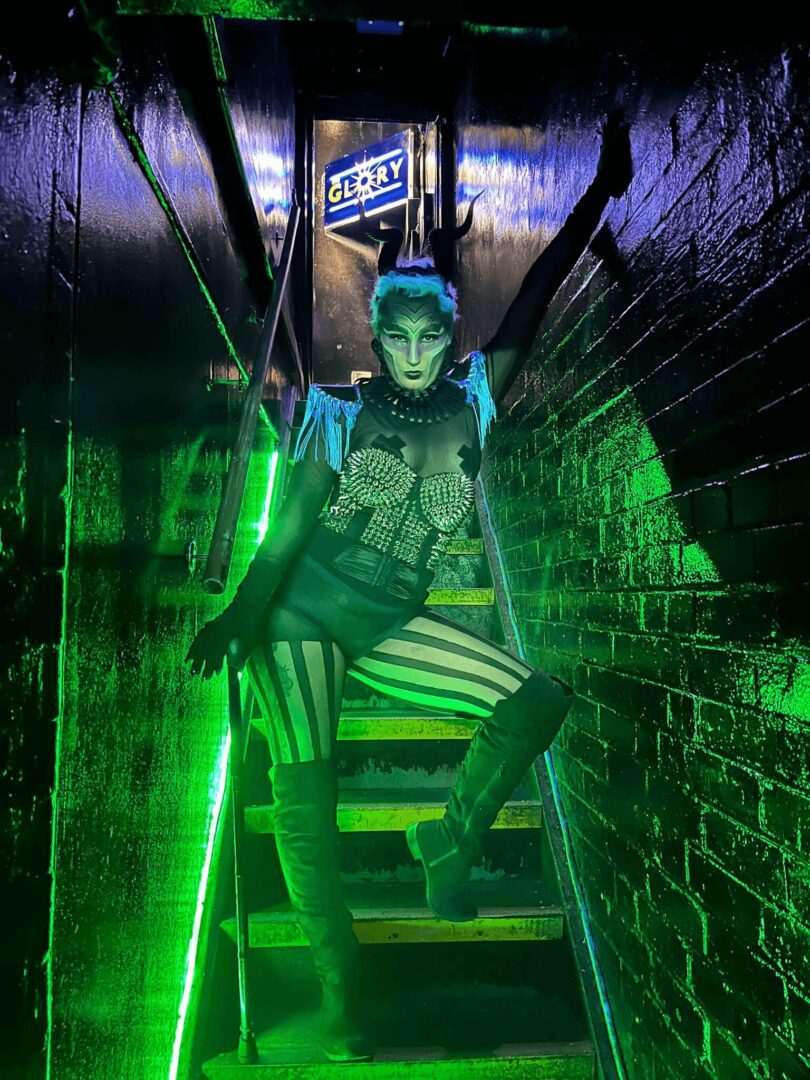
One of our goals is to help like-minded folks with similar goals connect and so before we go we want to ask if you are looking to partner or collab with others – and if so, what would make the ideal collaborator or partner?
Not Your Orlando was the first collaborative poetry book I’ve written and I loved it! The process was amazing, and I gained so much insight and wisdom with regards to creative practice. I’ve also previously co-written a panto, so after those two projects I know I’d love to do more collaborative stuff! Things I’d be into co-creating:
– a poetry collaborative about weightlifting
– anything queer or disabled related
– a play! I’d love this so much
– a drag act
If any of these sound good to you, DM me on my insta @a_g_parker
Contact Info:
- Website: https://agparker.co.uk
- Instagram: a_g_parker
- Twitter: a_george_parker
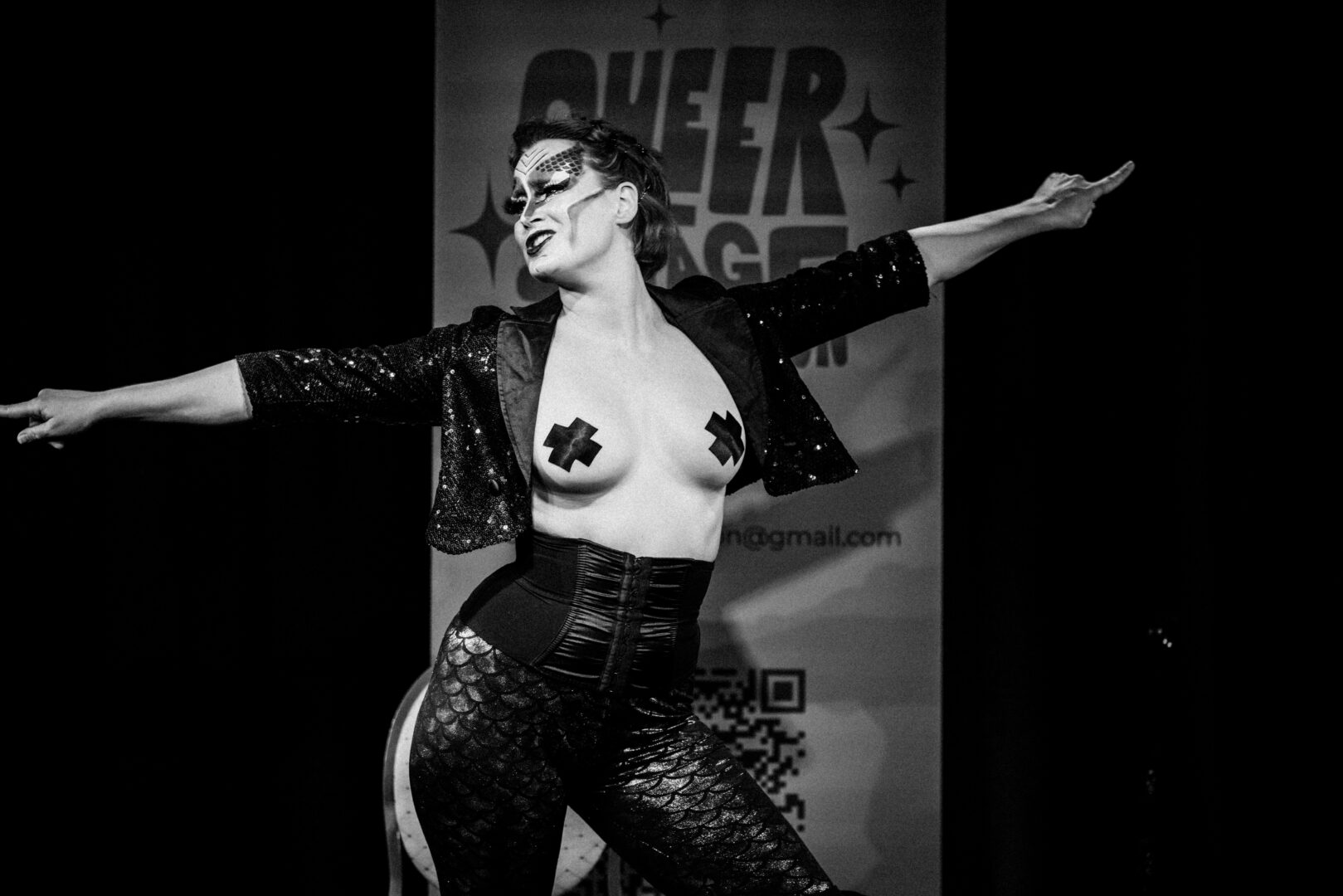
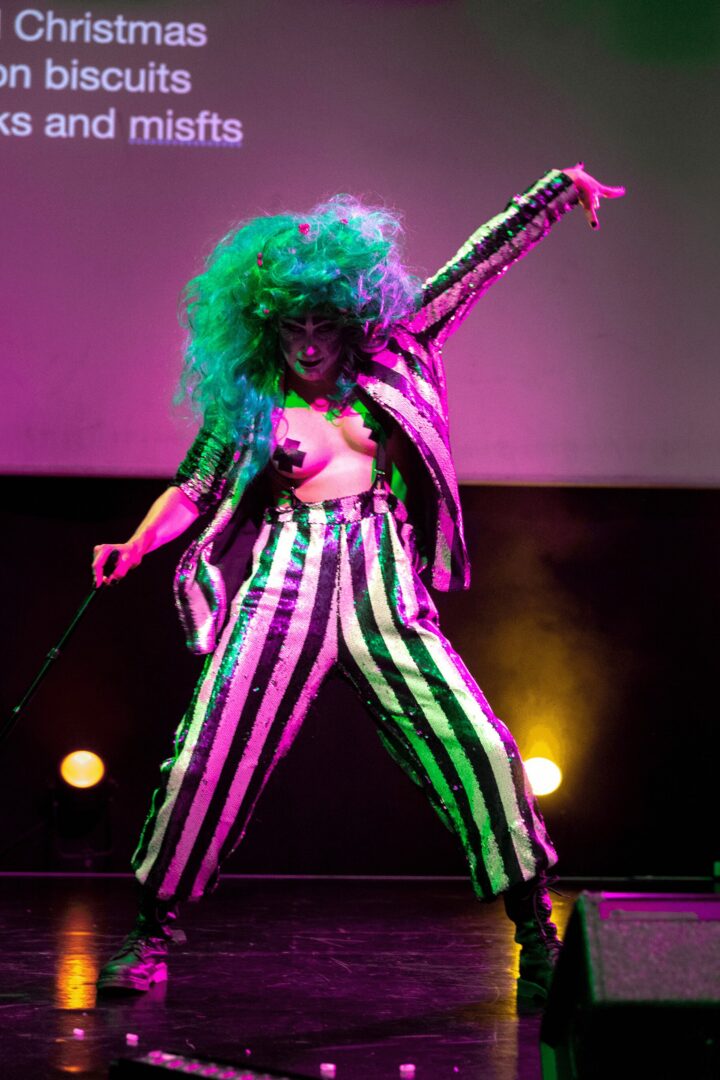

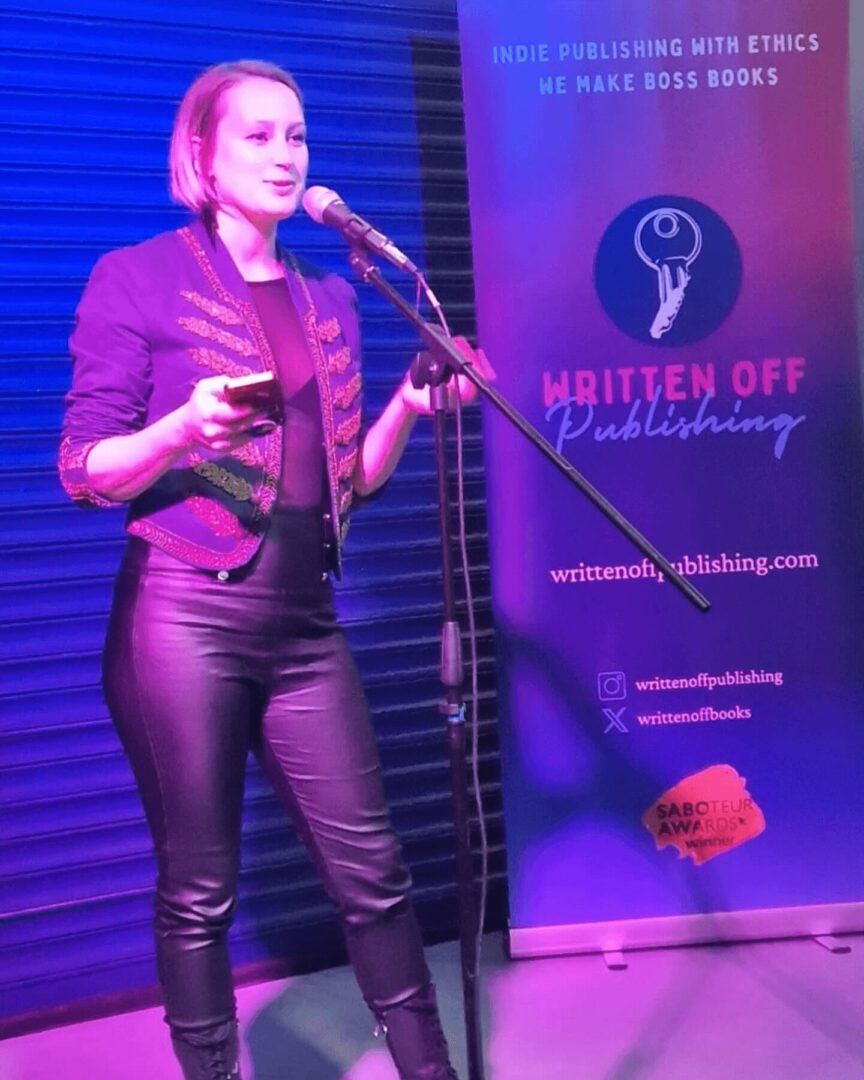
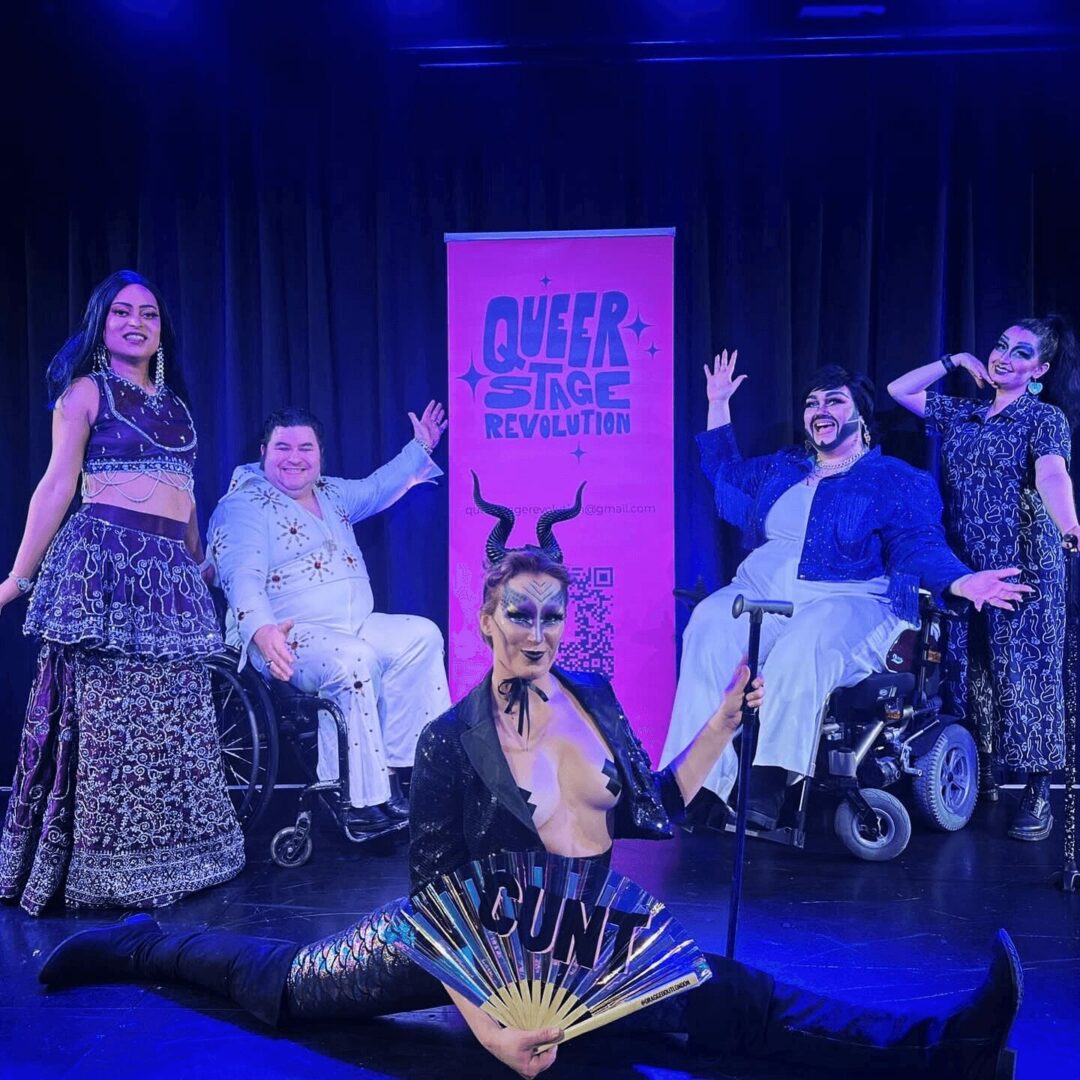
Image Credits
@QueerGarden
@Chiaro Luxardo
@HeadDrop
@JoelRyderMedia
so if you or someone you know deserves recognition please let us know here.



